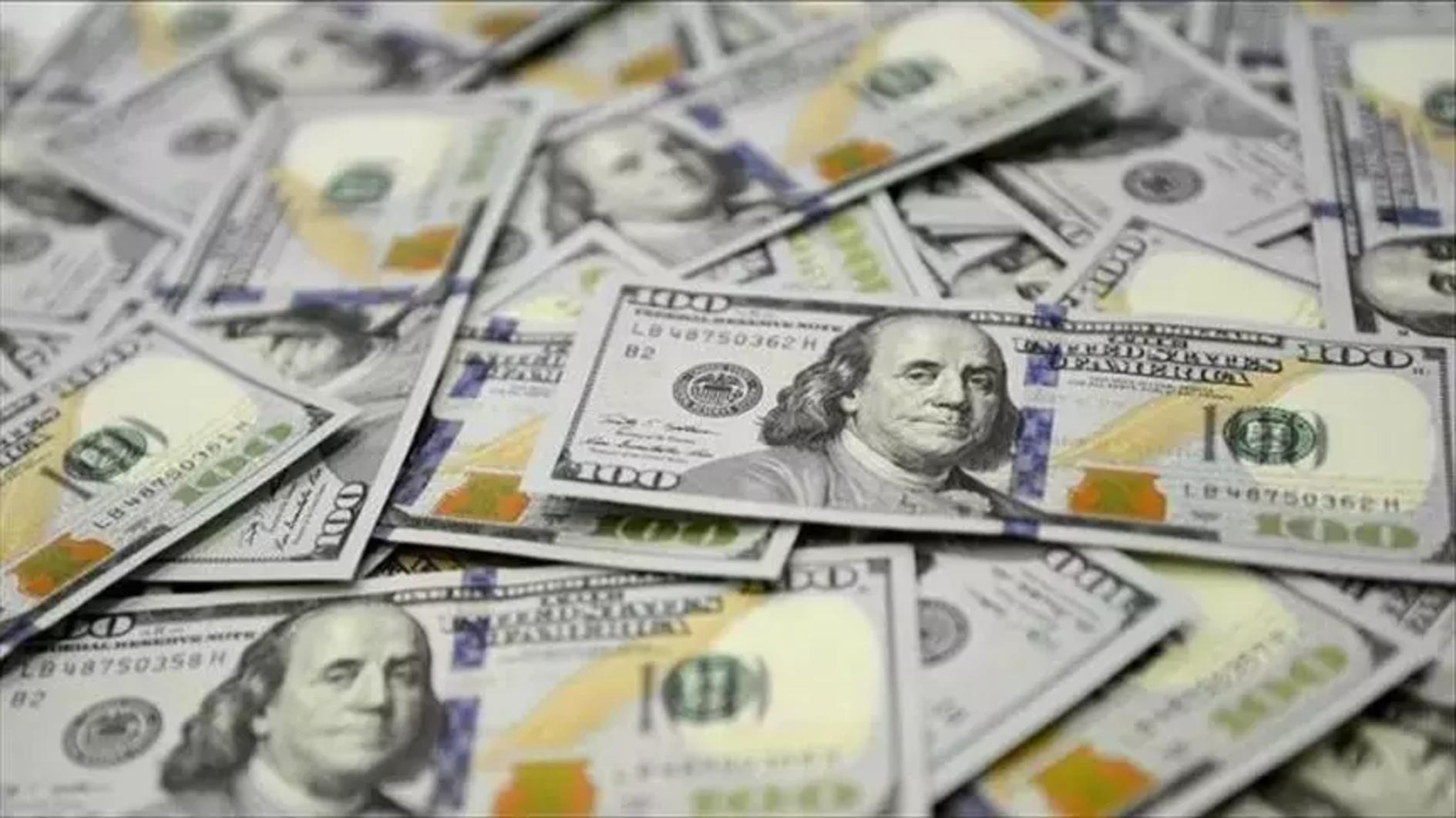Why are Turkish politicians incompetent?
“Highly illogical!” As a response to my latest column, a reader used Mr. Spock’s catchphrase to pay homage to Leonard Nimoy, who passed away on Feb. 27.
On Friday, I discussed why President Recep Tayyip Erdoğan was continuing with his tirades against the Central Bank of Turkey for lower rates even though his rhetoric was clearly hurting the lira. I entertained the idea that he could be aiming for a weaker currency to boost exports and then explained why that would not work. Some readers questioned whether he could be so irrational.
Mert Yıldız of Roubini Global Economics had an entirely different take in his recent column at the Diken website. He started by noting that all of Erdoğan’s speeches are carefully planned. He believes that Erdoğan is rational and knows the consequences of a depreciated currency on the real sector. And yet the president has chosen to push for lower rates nonetheless - simply because the public -at-large has many more votes than businessmen.
It is a thought-provoking idea, but if Erdoğan’s businessmen go down, who will complete his grand projects? Who will own the media to propagate his propaganda? Besides, a weakening lira erodes the purchasing power of consumers, whereas lower rates would actually help construction firms.
Interestingly, Erdoğan’s economic errors are not so different from those of the economics professor of a prime minister who cancelled government bond auctions to lower interest rates - and caused a financial crisis - in 1994. Fellow Hürriyet Daily News columnist Güven Sak believes that this shows Turks’ obsession with interest rates, but I see a bigger theme: Why are we Turks blessed with incompetent politicians?
I found an answer when I did a Google search for “economic genocide” to see if other leaders were undertaking similar policies, and stumbled upon the North Carolina anarcho-punk scene. A band called “kakistocracy” apparently has a song with that name, and I suddenly remembered a paper that a friend in graduate school co-wrote more than a decade ago.
In their aptly-named working paper “Bad Politicians,” which was eventually published in the Journal of Public Economics, Francesco Caselli and Massimo Morelli explained why some countries end up being controlled by their nation’s worst or least qualified citizens, as Wikipedia defines kakistocracy.
They “present a simple theory of the quality (competence and honesty) of elected officials,” which offers three intuitive insights: First, low-quality citizens go into politics because their market wages are lower than those of high-quality citizens (competence), and/or because they reap higher returns from holding office (honesty). Second, bad politicians generate negative externalities for good ones, making running for office less attractive for them. Third, incumbent policymakers can influence the rewards of future policymakers, so bad governments sow the seeds for future bad governments even if they are from different parties.
I don’t know about you, but this sounded like a perfect description of Turkish political history, at least the part I have been observing since the 1980s. Rational or not, Erdoğan could simply be the last in a long line of a political dynasty defined not by political views but rather by kakistocracy.










